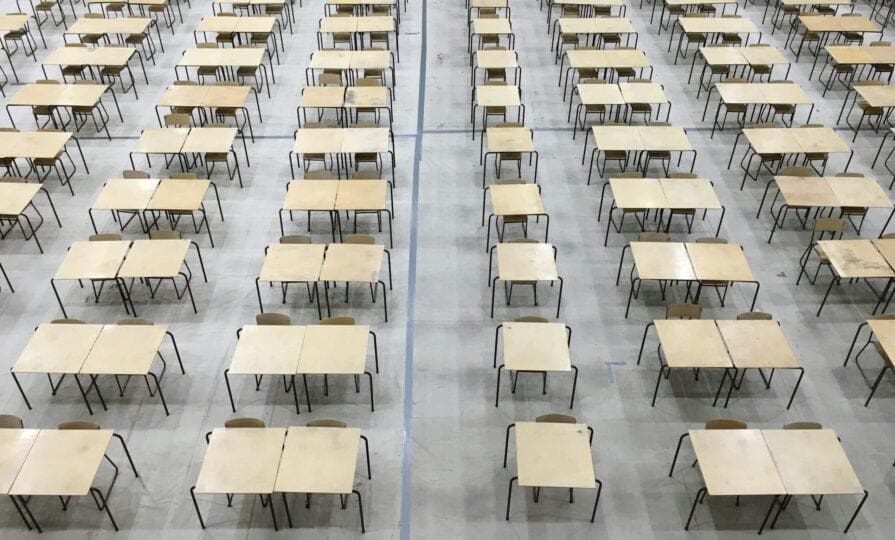CEER raises concerns over creeping A-level grade inflation
Teacher-assessed grades during the pandemic in 2020 and 2021 led to sharp increases in top results, peaking in 2021 when 44.8% of entries achieved an A or A*

Register to get 1 free article
Reveal the article below by registering for our email newsletter.
Want unlimited access? View Plans
Already have an account? Sign in
The proportion of A-level entries awarded top grades this summer is likely to stay above pre-pandemic levels, according to a new study from the Centre for Education and Employment Research (CEER).
Alan Smithers, director of the CEER at the University of Buckingham, said the percentage of UK A-level entries gaining an A or A* – between 27% and 28% – could be the “new normal”. He warned grade inflation “may be creeping back in again” ahead of results day on Thursday (14 August).
Last year, 27.8% of UK A-level entries were awarded an A or A*, compared with 27.2% in 2023. Both figures were higher than the 25.4% recorded in 2019 – the last summer exams before the Covid-19 pandemic.
Teacher-assessed grades during the pandemic in 2020 and 2021 led to sharp increases in top results, peaking in 2021 when 44.8% of entries achieved an A or A*. Ofqual and regulators in Wales and Northern Ireland moved to return grading to pre-pandemic standards in 2023.
Smithers said A-level grades “should have been back to normal” last year, but remained higher than before the pandemic.
According to Smithers, there has to be the suspicion that the inflation which bedevilled A-level grades in the days before the regulator, Ofqual, may be creeping back in again”.
His report also predicted girls would again outperform boys overall at top grades, as in previous years. In 2024, 28% of girls’ entries achieved at least an A compared with 27.6% for boys, though boys scored slightly higher at A*.
Smithers added that a fall in entries for social sciences, such as psychology and sociology, could be an “early sign” students were turning towards subjects “that are meaningful” such as mathematics, physics and chemistry.
A Department for Education (DfE) spokesperson, who rejected Smithers’ concerns, added: “These claims are completely false. It is vital that qualifications are rigorous, and we are confident in Ofqual’s work, as the independent regulator, to manage the risk of grade inflation and ensure this is not impacting standards.”






